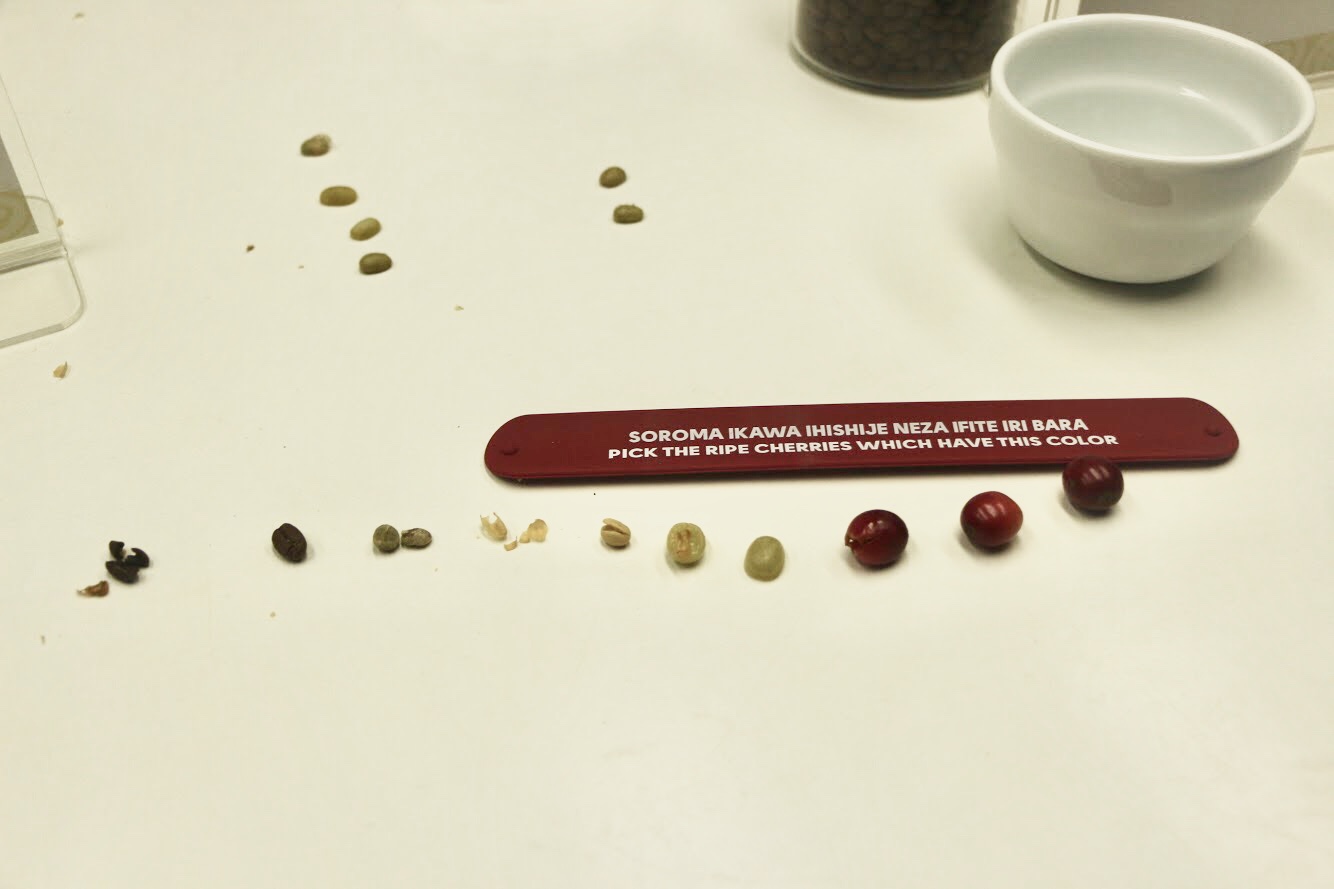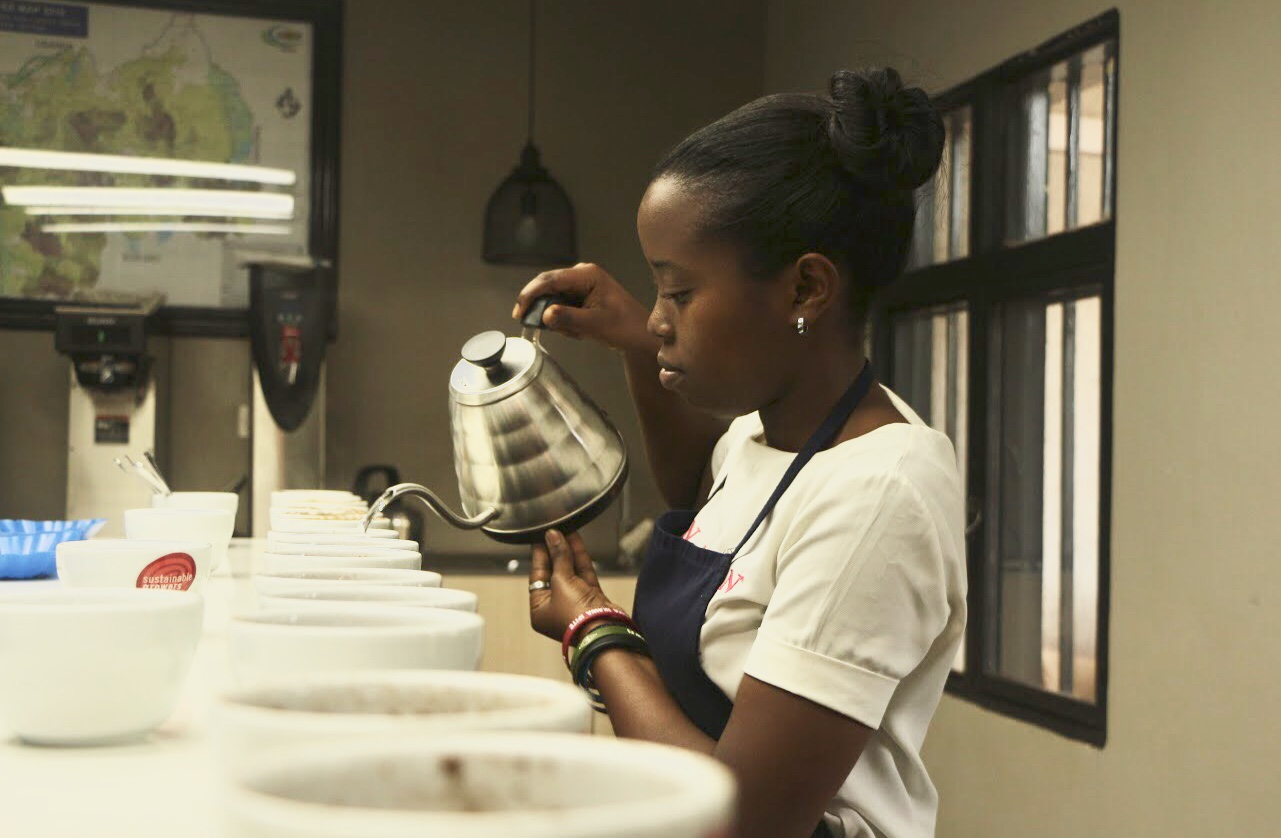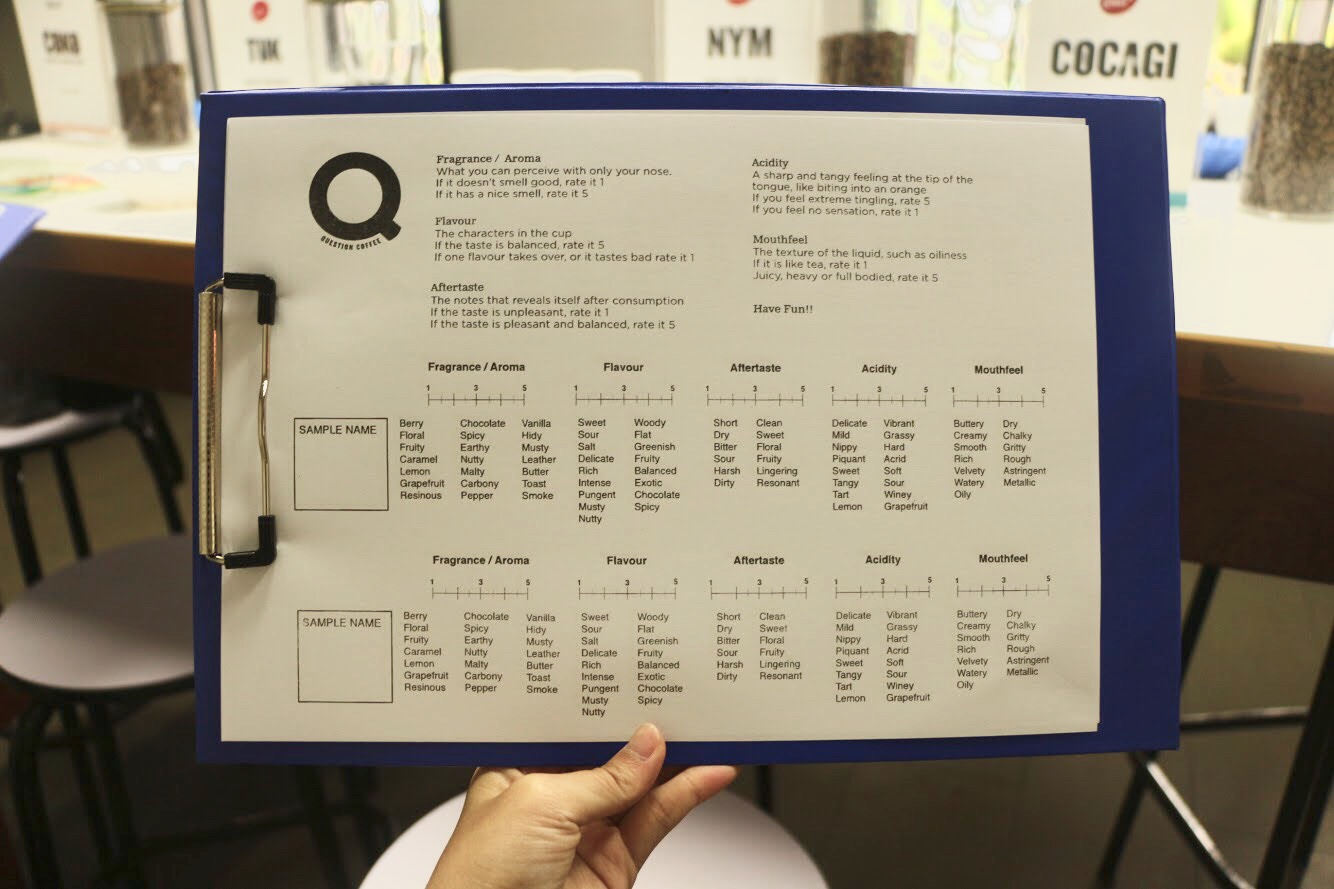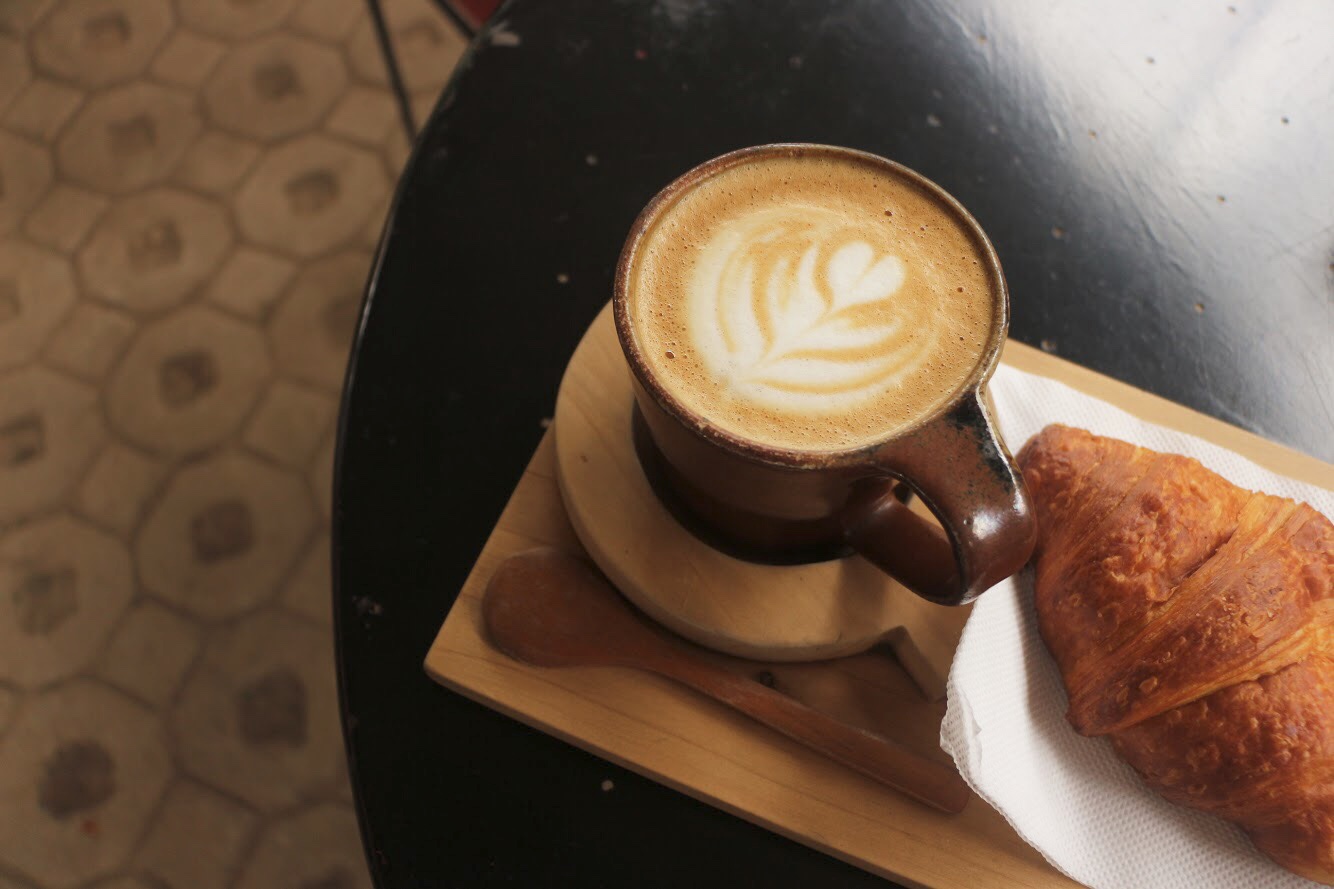Rwanda gains a taste for the coffee it grows

By Hailey Man and Jo Ng
“You have to question what you are drinking when you are drinking coffee,” said Marie Merci Nsengiyumva, a barista at Question Coffee in Kigali.
Established in 2015, Question Coffee not only sells coffee, described by many as the best in town, but also supports local farmers and empowers women to start businesses.
The cafe partners with the non-profit Relationship Coffee Institute to train women coffee farmers how to grow and trade coffee. The women have doubled their income and their yield, the institute’s website says.
Around 62% of women in Rwanda work, many of them as farmers, according to government statistics.
This is a way for the women to earn for their family, schooling for their children, health service and insurance, said Ms Nsengiyumva
“If there’s no women, there’s no Question Coffee,” she said. “That’s why we work with NGOs to keep providing training to women.”
Rwanda’s coffee industry, which collapsed after the genocide in 1994, expects to earn US$75 million (HK$587.5 million) on coffee this year, exporting 97% of its production, according to an interview with the country’s head of coffee in the New Times.
Local coffee consumption is still low, compared to tea and in other countries, like the USA, but that is changing, said Ms Nsengiyumva.
“Now people start to know more about coffee. It is getting more acceptable and common among the people,” she said.
Recently, Kigali has seen a wave of coffee shops opening. But even as the government pushes coffee drinking to develop market stability, it can be hard to change culture.
“Coffee is still a luxury for most of the Rwandans,” said Ignor Jones, a local customer at Question Coffee. “That’s why I drink tea and soda more often.”
A cup of coffee at Question costs between RWF1,500 to RWF2, 500 (HK$13-HK$22) per cup, which is high for an average monthly income of RWF308,000 (HK$2,651).
“I agree that the price of coffee is a bit high and that’s why most visitors here are foreigners or some local middle-class,” said Ms Nsengiyumva.
Question Coffee also offers paid classes, including an introduction to the growing, production, brewing and appreciation of coffee starting in the café’s coffee garden.





